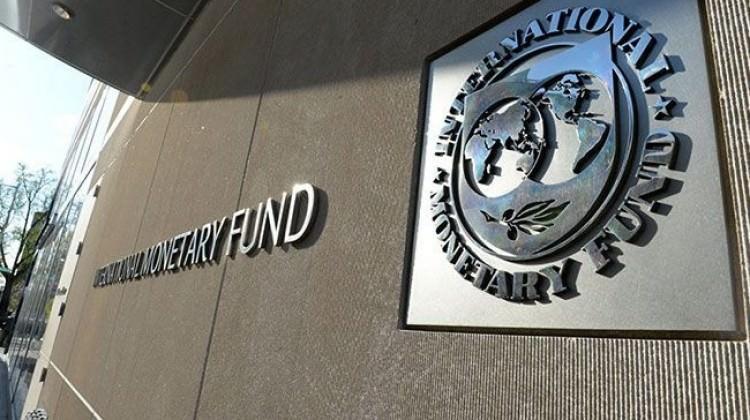The International Monetary Fund is projecting Zimbabwe's economy to contract 7.1% in 2019 but will recover in 2020 to a moderate growth of 2.7% and 2.2% in 2021. The projections are in line with Government's own estimates that the economy will have a negative growth of 6.5%.
Zimbabwe has faced a number of headwinds which have derailed strides in reforming and turning around the economy. Some of these are; severe exogenous shocks related to climate change caused drought and cyclone, which compromised agriculture activities and electricity generation with extended effects on other sectors. These shocks were compounded by some macro-economic instabilities coupled with some foreign currency shortages
According to the October World Economic Outlook, Zimbabwe will perform below the Sub-Saharan Africa average growth forecast of 3.2% and 3.6 % in 2020, slightly lower for both years than in the April 2019 WEO. Zimbabwe's inflation is expected to close the year at 182.9% lower than the current and will be in single digits at 9.4% at the end of 2020. The current account as a %age of GDP is expected to be at -0.5% in 2019 and -2.5% in 2020.
Elsewhere in Sub-Sahara Africa, higher, albeit volatile, oil prices earlier in the year have supported the subdued outlook for Nigeria and some other oil-exporting countries in the region, but Angola's economy—because of a decline in oil production—is expected to contract this year and recover only mildly next year. In South Africa, despite a moderate rebound in the second quarter, growth is expected to be weaker in 2019 than projected in the April 2019 WEO following a very weak first quarter, reflecting a larger-than-anticipated impact of labour strikes and energy supply issues in mining, together with weak agricultural production.
While the three largest economies of the region are projected to continue their lackluster performance, many other economies—typically more diversified ones—are experiencing solid growth. About 20 economies in the region, accounting for about 45 % of the sub-Saharan African population and 34 % of the region's GDP (1 % of global GDP), are estimated to be growing faster than 5 % this year while growth in a somewhat larger set of countries, in per capita terms, is faster than in advanced economies.
Over the medium term, growth for the emerging market and developing economies group is projected to stabilize at about 4.8%, but with important differences across regions. In emerging and developing Asia, it is expected to remain at about 6% through the forecast horizon. This smooth growth profile rests on a gradual slowdown in China to 5.5% by 2024 and firming and stabilization of growth in India at about 7.3% over the medium term, based on continued implementation of structural reforms. In Latin America, growth is projected to increase from the 1.8% projected for 2020, but remain below 3% over the medium term as structural rigidities, subdued terms of trade, and fiscal imbalances (particularly for Brazil) weigh on the outlook. Activity in emerging and developing Europe is projected to pick up from its current post-global-financial-crisis low, with the region expected to grow at about 2½ % over the medium term.
According to IMF, prospects vary across sub-Saharan Africa, but growth for the region as a whole is projected to increase from 3.6 % in 2020 to 4.2 % in 2024 (although for close to two-fifths of economies, the average growth rate over the medium term is projected to exceed 5 %).
Globally, growth is forecast at 3.0 % for 2019, its lowest level since 2008–09 and a 0.3%age point downgrade from the April 2019 World Economic Outlook. Growth is projected to pick up to 3.4% in 2020 (a 0.2 %age point downward revision compared with April), reflecting primarily a projected improvement in economic performance in a number of emerging markets in Latin America, the Middle East, and emerging and developing Europe that are under macroeconomic strain.
- finx
 Concern over Masvingo black market
Concern over Masvingo black market  Kenya declares three days of mourning for Mugabe
Kenya declares three days of mourning for Mugabe  UK's Boris Johnson quits over Brexit stretegy
UK's Boris Johnson quits over Brexit stretegy  SecZim licences VFEX
SecZim licences VFEX  Zimbabwe abandons debt relief initiative
Zimbabwe abandons debt relief initiative  European Investment Bank warms up to Zimbabwe
European Investment Bank warms up to Zimbabwe  Young Investment Professional (YIP) Graduate Programme 2019
Young Investment Professional (YIP) Graduate Programme 2019 











 Young Investment Professional (YIP) Graduate Programme 2019
Young Investment Professional (YIP) Graduate Programme 2019
Editor's Pick